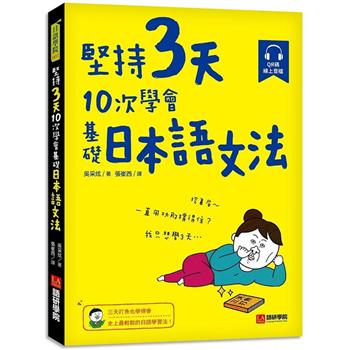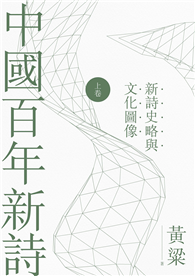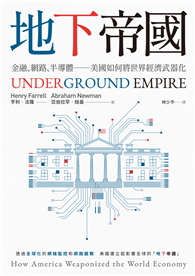This ethnographic work examines both the colonial language governmentality imposed by the Turkish state and the Kurdish language activism as a response to this system. Through a genealogical study, it calls for a reconsideration of the linguistic condition in Turkey as being more than nationalist, highlighting its foundation in intertwined ideologies of racism, imperialism, and colonialism. It then provides an analysis of new possibilities and directions led by the actors of the Kurdish language movement, which seeks to enhance not only the linguistic but also the socio-political condition of the Kurdish people by taking a "beyond language" approach. The work advances our thinking about language oppression and minority language activism.
| FindBook |
|
有 1 項符合
Arpacik的圖書 |
 |
$ 7259 | Beyond Language: Kurdish Language Activism in the Face of Colonial Language Governmentality
作者:Arpacik 出版社:Walter de Gruyter 出版日期:2024-11-04 語言:英文 規格:精裝 / 300頁 / 普通級/ 初版  看圖書介紹 看圖書介紹
|
|
|
圖書介紹 - 資料來源:博客來 評分:
圖書名稱:Beyond Language: Kurdish Language Activism in the Face of Colonial Language Governmentality
|











